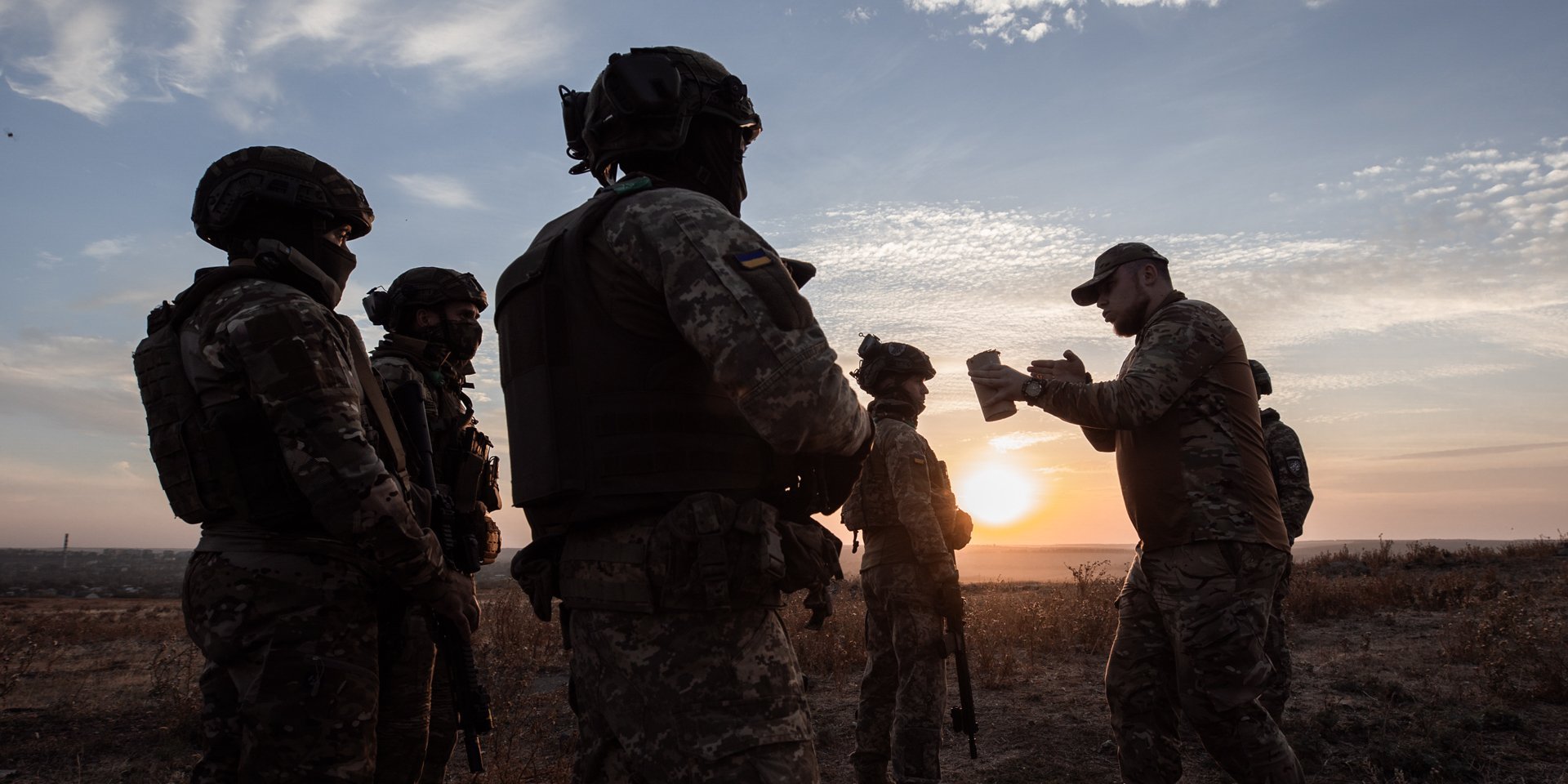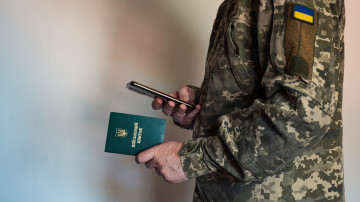Transferring to a non-combatant military unit is a procedure that can be complicated due to bureaucratic obstacles and the specifics of military service. However, for many servicemen and women, it is a real opportunity to improve their service conditions due to health or family circumstances. The main thing is to properly justify your request and follow the procedure.
The reasons for transfer to another military unit can vary from medical reasons to the need to perform specific duties in the rear. It should be borne in mind that the decision to transfer is made by the command, and it may refuse due to staff shortages or other circumstances. Therefore, it is important to have properly prepared documents and legal support.
Common reasons for transfer
Transfer to a non-combat unit is possible under certain conditions. The main reasons that may be taken into account by the command are
- Health condition. If a medical commission has declared you partially fit for service or unfit to perform combat missions, this is a ground for transfer.
- Family circumstances. Caring for disabled relatives, children or other family members can be a good reason to change the place of service.
- Long-term service in a combat zone. If you have been on the front line for a long time, the command may consider your request for transfer as a humanitarian step.
- Special qualifications. If your skills and knowledge are needed in the home front, this may also be a valid reason.
These reasons must be documented in order for your request to be considered legally.
Stages of transfer to a non-combat military unit
The procedure for transfer to another unit includes several steps, each of which requires careful compliance with the law and preparation. Following these steps will help to avoid delays and refusals.
- Applying to the medical commission. If the reason for the transfer is a health condition, you need to undergo a military medical commission (MMC), which will confirm your limited fitness for service.
- Preparing a report. A report for transfer is submitted to the commander of the military unit. The document must specify the grounds for the transfer and attach relevant evidence.
- Preparation of evidence. Medical reports, certificates of marital status and other copies of the necessary documents are attached to the report.
- Consideration of the report by the command. The command analyses the submitted documents, conducts an internal inspection and makes a decision.
- Appeal against the refusal. In case of refusal, you can appeal to higher authorities or file a complaint with the court.
Involving a lawyer at each stage significantly increases the chances of a positive outcome.
What documents are needed for transfer to another military unit
In order for your application to be considered, it is important to prepare all the necessary documents. The main ones are as follows:
- A report for transfer to another unit.
- Medical report (if necessary).
- Certificate of marital status (for example, a child's birth certificate or guardianship documents).
- Documents confirming special qualifications (certificates, diplomas).
- Other supporting documents depending on the reason for the transfer.
Correct execution of documents helps to avoid delays in the consideration of the case.
Important questions about transferring to a non-combat military unit:
Question
What to do if the command does not consider the report?
Answer
In this case, you need to apply to higher authorities or file a complaint with the help of a lawyer.
Question
Is it necessary to provide a medical certificate for transfer?
Answer
Not always. If the grounds are family circumstances or special qualifications, relevant supporting documents are sufficient.
Legal assistance from the ‘Consultant’:
Analysis of your situation. A lawyer will help you determine whether your case meets the requirements for transfer.
Preparation of documents. The lawyer will check the correctness of the report and other documents.
Support in case of refusal. In case of refusal, the lawyer will prepare an appeal or a lawsuit.
Experienced lawyers of the Consultant legal service will help you move to a safer place of service. Contact us to get professional support and protection of your rights!
Transferring to another military unit is a legal way to change the conditions of service, which involves a clear procedure. It is important to know your rights, comply with the requirements of the law and respond to any difficulties in a timely manner.
































